Borage: The Best Companion Plant For Your Garden
Borage: The Best Companion Plant for Your Garden
Borage is a beautiful and beneficial plant that is a great addition to any garden. It is an annual herb that is native to Europe and Asia, but it is now grown in many parts of the world. Borage is known for its star-shaped blue flowers, which bloom from early summer to late fall. The leaves of borage are also edible and have a slightly cucumber-like flavor.
In addition to its beauty and culinary uses, borage is also a valuable companion plant. Companion planting is the practice of planting certain plants together to benefit each other. Borage is a great companion plant for many different vegetables, including tomatoes, cabbage, strawberries, and squash.
Benefits of Borage as a Companion Plant
There are many benefits to planting borage as a companion plant. Here are a few of the most important benefits:
- Attracts beneficial insects. Borage flowers attract beneficial insects such as bees, butterflies, and hoverflies. These insects help to pollinate other plants in the garden, which can lead to a better harvest.
- Repels pests. The strong scent of borage flowers can help to repel pests such as cabbage worms, tomato hornworms, and aphids. This can help to protect your other plants from damage.
- Improves soil quality. Borage releases calcium and potassium into the soil, which can help to improve the health of your plants.
- Enhances flavor. Borage flowers can be used to add flavor to salads, teas, and other dishes. The leaves can also be used in cooking.
Which Plants to Plant Borage With
Borage is a great companion plant for many different vegetables. Here are a few of the best plants to plant borage with:
- Tomatoes. Borage helps to attract beneficial insects that pollinate tomatoes, and it also helps to repel pests such as tomato hornworms.
- Cabbage. Borage helps to repel cabbage worms, which can be a major pest of cabbage plants.
- Strawberries. Borage helps to improve the flavor of strawberries, and it also helps to repel pests such as aphids.
- Squash. Borage helps to attract beneficial insects that pollinate squash plants, and it also helps to repel pests such as squash bugs.
How to Grow Borage
Borage is a relatively easy plant to grow. It prefers full sun and well-drained soil. Borage can be started from seed indoors or outdoors. If you start seeds indoors, sow them 4-6 weeks before the last frost. If you start seeds outdoors, sow them after the last frost.
Borage plants will grow to be about 1-3 feet tall. They will bloom from early summer to late fall. Once the flowers have finished blooming, you can harvest the leaves and flowers. The leaves can be used fresh or dried, and the flowers can be used to make tea.
Conclusion
Borage is a beautiful, beneficial, and easy-to-grow plant that is a great addition to any garden. It is a valuable companion plant for many different vegetables, and it can also be used in cooking and making tea. If you are looking for a way to improve the health of your garden and attract beneficial insects, borage is a great choice.
FAQ of borage companion plants
Q: What are the best companion plants for borage?
A: Borage is a great companion plant for many different types of vegetables, including tomatoes, cabbage, strawberries, and squash. It can help to repel pests, attract pollinators, and improve the overall health of your garden.
Here are some of the best companion plants for borage:
- Tomatoes: Borage can help to repel tomato hornworms, which are a common pest of tomatoes. It can also attract bees and butterflies, which help to pollinate tomatoes.
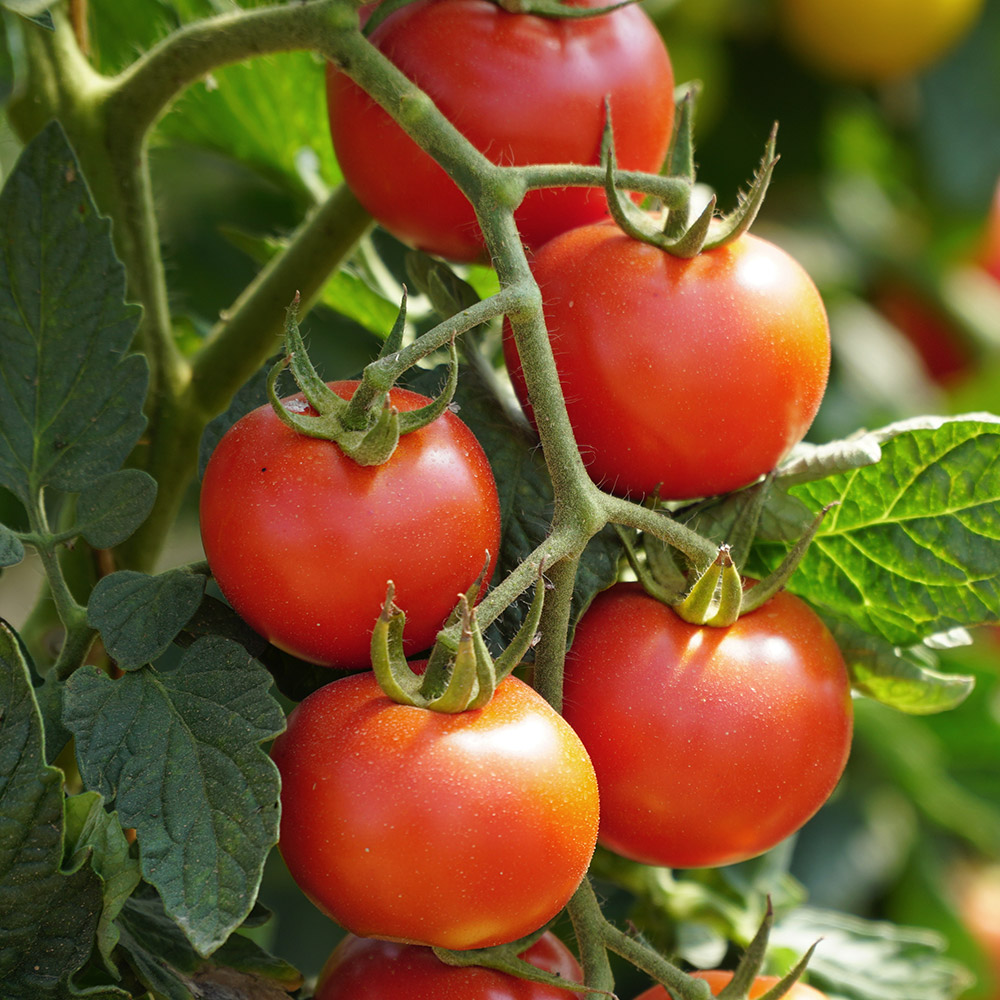
- Cabbage: Borage can help to repel cabbage moths, which are a common pest of cabbage. It can also attract ladybugs, which help to control cabbage aphids.
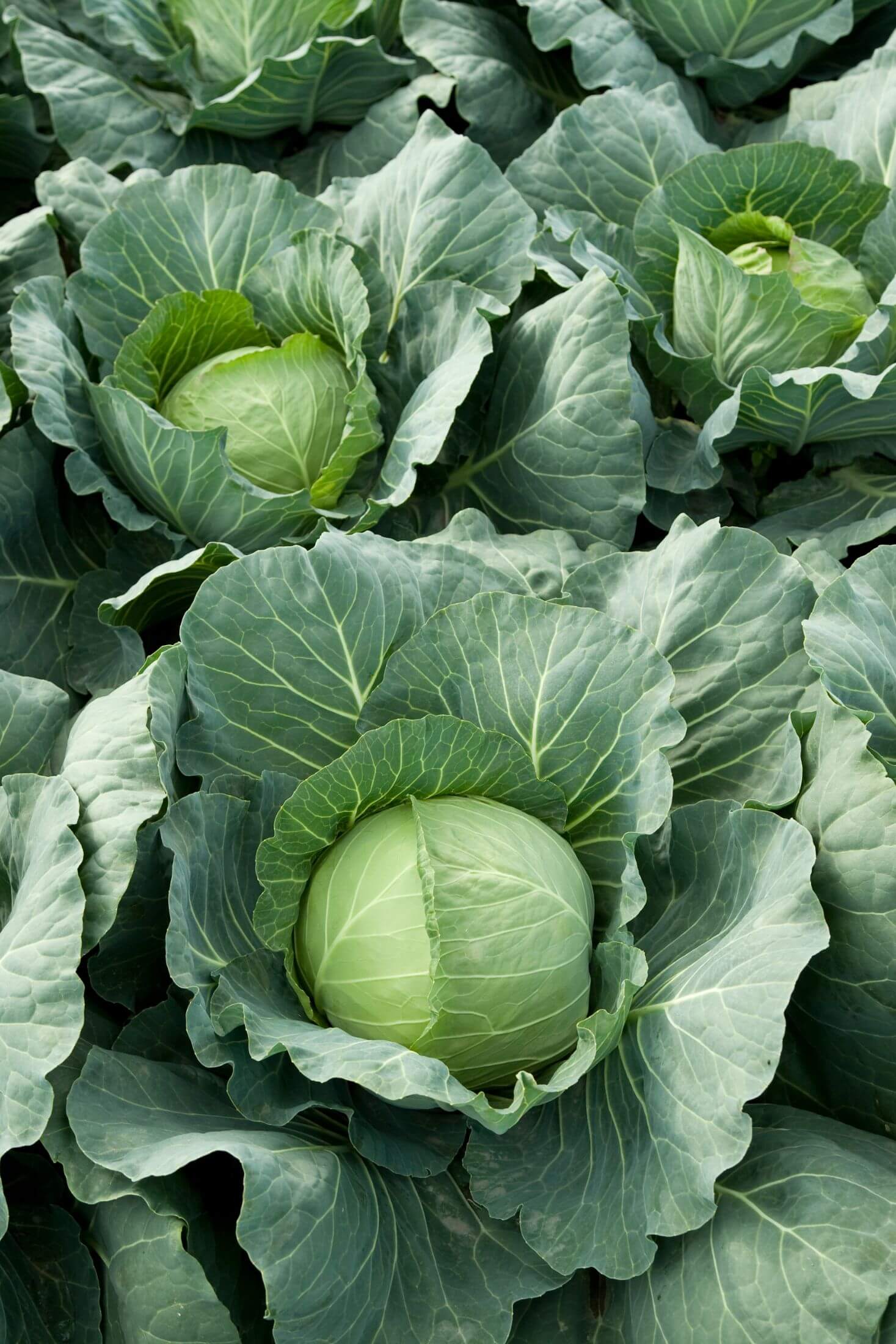
- Strawberries: Borage can help to attract bees and butterflies, which help to pollinate strawberries. It can also improve the flavor of strawberries.
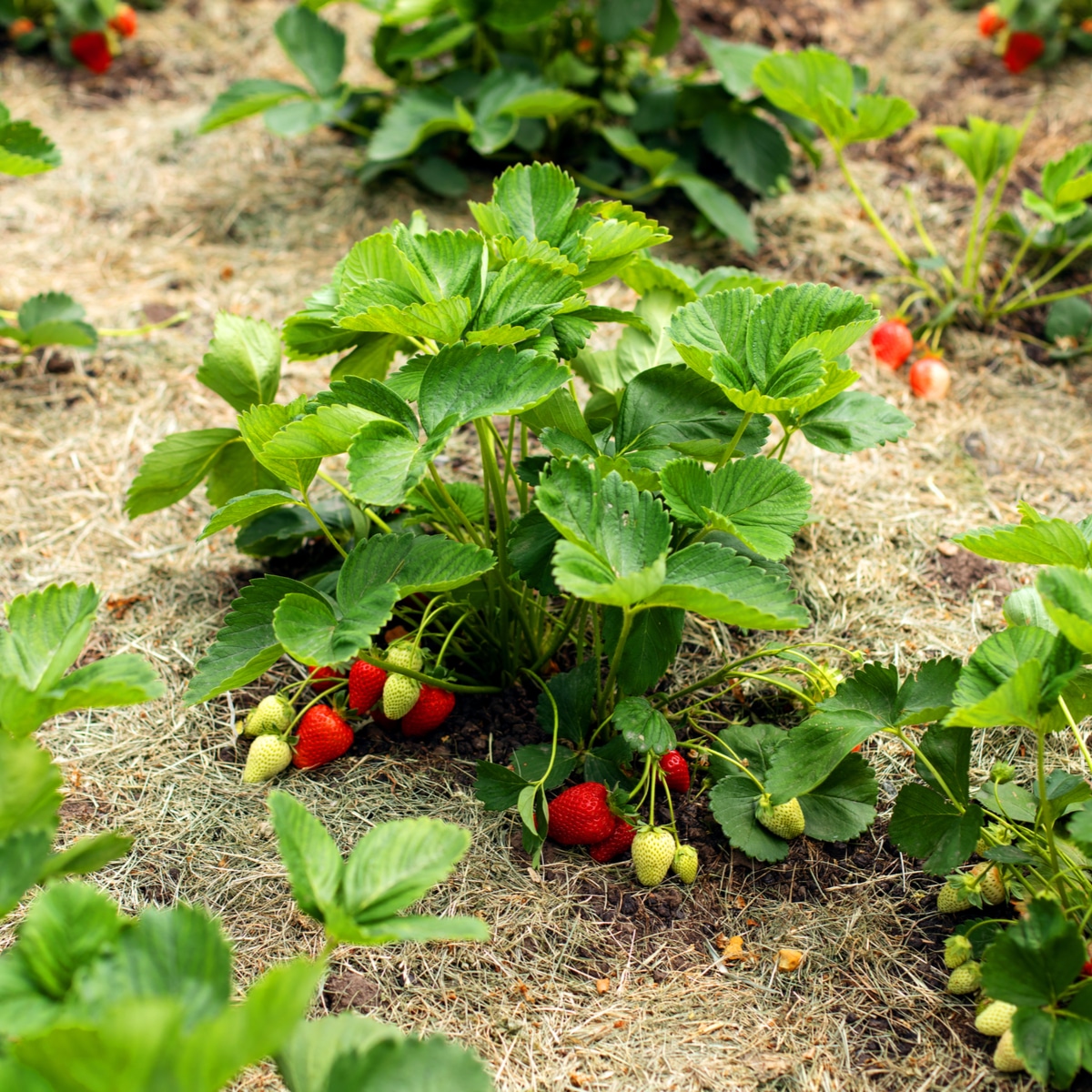
- Squash: Borage can help to repel squash bugs, which are a common pest of squash. It can also attract pollinators, which help to improve the yield of squash.
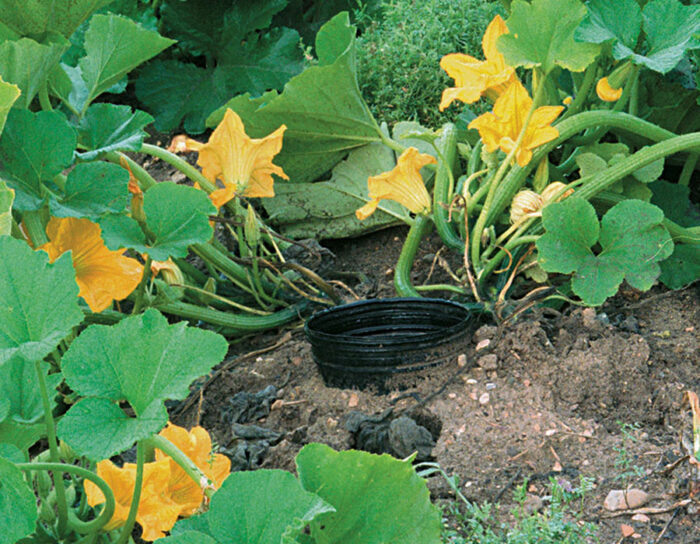
Q: What are the worst companion plants for borage?
A: There are a few plants that should not be planted near borage, as they can compete for nutrients or attract pests. These plants include:
- Potatoes: Potatoes can stunt the growth of borage.

- Onions: Onions can repel pollinators, which can reduce the yield of borage.
- Cucumbers: Cucumbers can attract cucumber beetles, which can damage borage plants.
Q: How far apart should borage plants be planted?
A: Borage plants should be planted about 18 inches apart. This will give them enough space to grow and spread.
Q: How do I care for borage companion plants?
A: Borage plants are relatively easy to care for. They need full sun and well-drained soil. They should be watered regularly, but not too much. Borage plants are also susceptible to powdery mildew, so it is important to keep them well-ventilated.
Q: How do I harvest borage companion plants?
A: Borage leaves can be harvested as needed. The flowers can also be harvested and used in salads, teas, or infused oils.
Image of borage companion plants
- Borage and tomatoes: Borage is a good companion plant for tomatoes because it helps to repel pests such as tomato hornworms and cabbage worms. It also attracts bees, which help to pollinate the tomatoes.
- Borage and cucumbers: Borage is also a good companion plant for cucumbers because it helps to repel pests such as cucumber beetles. It also helps to attract pollinators, which help to pollinate the cucumbers.
- Borage and strawberries: Borage is a good companion plant for strawberries because it helps to repel pests such as slugs and snails. It also helps to attract pollinators, which help to pollinate the strawberries.
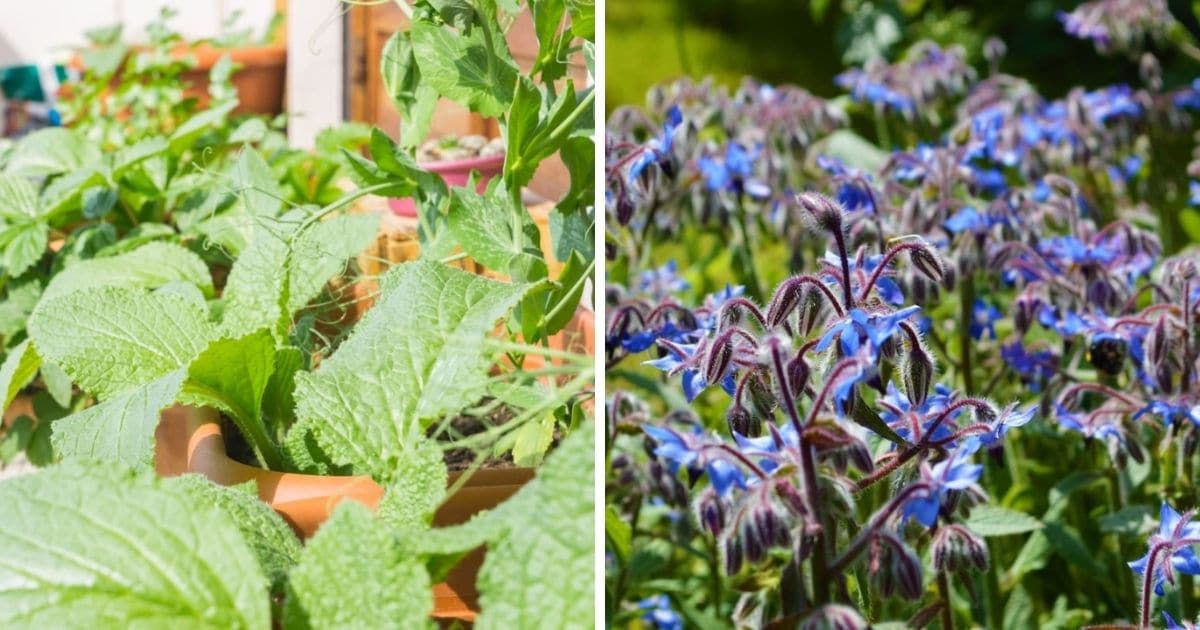
- Borage and squash: Borage is a good companion plant for squash because it helps to repel pests such as squash bugs. It also helps to attract pollinators, which help to pollinate the squash.

- Borage and beans: Borage is a good companion plant for beans because it helps to attract pollinators, which help to pollinate the beans. It also helps to improve the nitrogen content of the soil, which benefits the beans.

Post a Comment for "Borage: The Best Companion Plant For Your Garden"